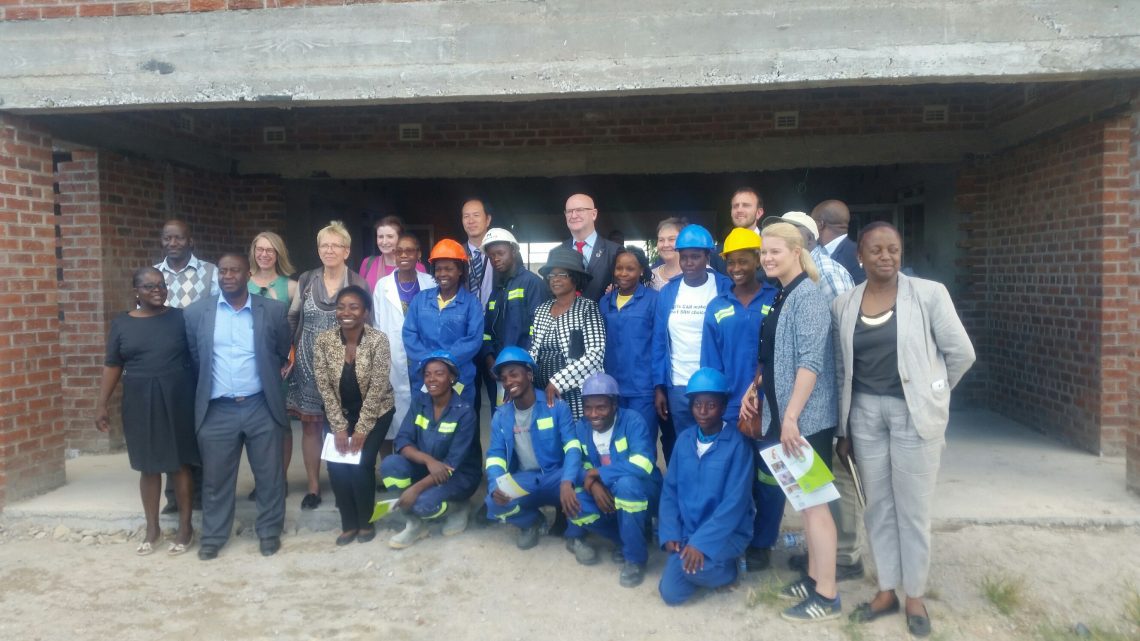Nearly 12 million women in 115 countries lost access to contraception due to disruptions caused by the Covid-19 pandemic over the past year leading to 1.4 million unintended pregnancies, the UN sexual and reproductive health agency, UNFPA new data has revealed.
In a statement, UNFPA pointed out that the COVID-19 pandemic has been the fastest-moving global public health crisis in a century, causing a strain that was never before seen on global health systems, many of which were forced to divert resources away from their reproductive health services.
“Women also lost access to health services due to mobility restrictions or fear of traveling to health facilities. The data, by UNFPA and Avenir Health, estimates the net impact of these service delivery disruptions.
“In the 115 low-and-middle-income countries studied, women faced an average disruption in their family planning services of 3.6 months over the past year, suggesting that many health systems were resilient enough to eventually adapt and continue to provide services,” UNFPA said.
The agency underscored that the worst disruptions were largely concentrated in April and May.
UNFPA Executive Director, Dr. Natalia Kanem said there was a need to make concerted efforts aimed at ensuring that women and girls are not caught on the verge of health and reproductive dilemma because of pandemics and disasters.
“Pregnancies don’t stop for pandemics or any crisis. We must ensure that women and girls have uninterrupted access to life-saving contraceptives and maternal health medicines. The devastating impact that COVID-19 has had on the lives of millions of women and girls in the past year underscores just how vital it is to ensure the continuity of reproductive health services,” she said.
She further highlighted that despite major disruptions in access to family planning, the international community pulled together to mitigate the worst-case scenario from governments to manufacturers to healthcare providers, the world’s supply chains for modern contraceptives have shown their resilience, and largely bounced back from the stock-outs that was seen in the earlier days of the pandemic.
Additionally, UNFPA indicated that previous research by Avenir health and UNFPA April 2020 predicted that 3 months of lockdown due to COVID-19 could lead to anywhere between 13 and 44 million women losing access to contraception, depending on the severity and length of disruption caused.
It has been highlighted that at the start of the pandemic, UNFPA sounded the alarm about the threat COVID-19 posed to production and supply chains for contraceptives.
As the world’s largest procurer of contraceptives for developing countries, UNFPA worked with its partners from governments, civil society, and the private sector and took immediate measures to mitigate its impact.
“UNFPA secured early funding from governments, added more suppliers to its roster, and closely monitored global inventory levels, transferring surplus stock to countries in urgent need amongst other measures. And as a result of this shared commitment and quick action, the disruption in access to family planning was less severe than it could have been.
“The projections use several novel data sources, including anonymized, aggregated Google Mobility data roughly indicating people’s ability to visit grocery stores, pharmacies and receive other essential goods and services.
“The researchers were also able to collect survey data from UNFPA’s country offices and partners and to take into account some growth in the use of contraceptives that occurred in 2020, despite the impact of COVID-19. The projections present three scenarios showing varying severity of service disruptions; the figures reported here reflect the medium severity of disruption scenario.”
UNFPA’s mission is to deliver a world where every pregnancy is wanted, every childbirth is safe and every young person’s potential is fulfilled.
It calls for the realisation of reproductive rights for all and supports access to a wide range of sexual and reproductive health services, including voluntary family planning, quality maternal health care, and comprehensive sexuality education.






